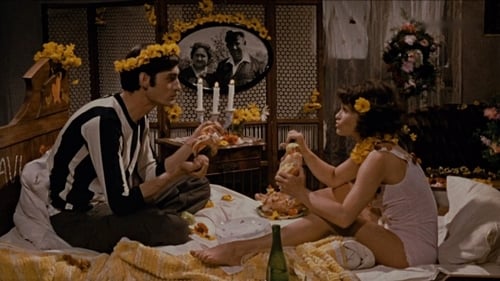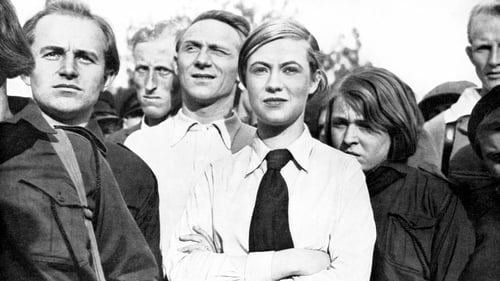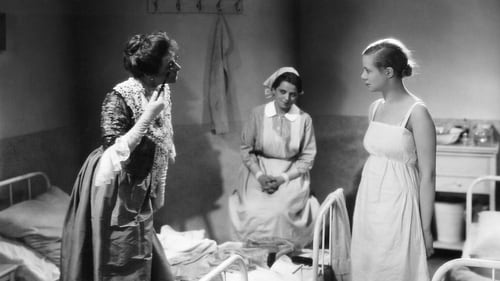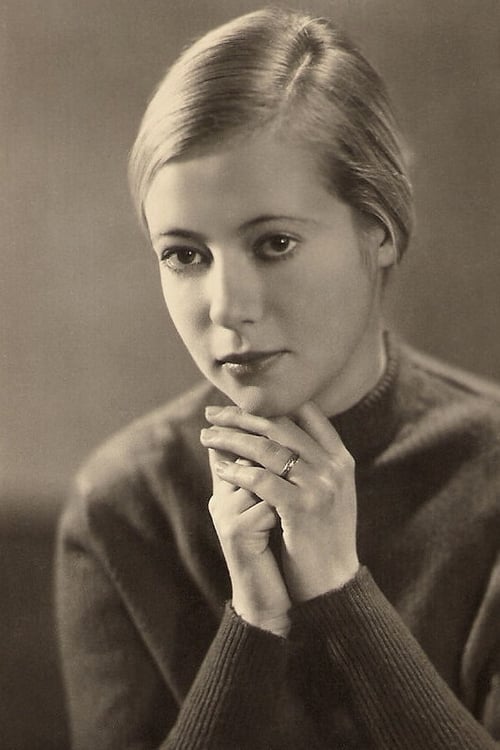Hertha Thiele
Nacimiento : 1908-05-08, Leipzig - Saxony - Germany
Muerte : 1984-08-05
Historia
Hertha Thiele was a German actress. She is noted for her starring roles in then controversial stage plays and films produced during Germany's Weimar Republic and the early years of the Third Reich.

In a backwater town, opera director Andrej Wischnewsky is supposed to put on a production of Mozart's "Don Giovanni".

Schwiegermutter
The former athlete Barbara follows her husband to the province and attempts to masters her new life, even after her separation from him.

Jette and Johannes have been living together for two years when Johannes suggests that they "legalize" their relationship. Jette loves him, but the proposal of marriage terrifies her.

Beißerts Mutter
Helmut Kamp, the construction brigade leader, a man no longer young, life immediately confronted several difficult and woeful problems. The birth of a son, the tragic death of his wife, the relationship of his daughter Ingrid with Dr. Beißert coincided with the need to move to an uninhabited area where a nuclear power plant will be built. Kamp, Ingrid and the members of the friendly brigade decide to act as the duty and the feeling of partnership prompts them, and gradually they all become participants in the new construction...

Frau Knuth
Paul and Paula have had bad experiences with love: Paul is financially well off but has lost all affection for his wife, and Paula leads a troublesome life raising two children on her own. They meet and discover a strong passion for each other. Life seems like a dream when they're together - but their short flights from the burdens of reality are once and again interrupted by Paul's ties to family and career.

Frau Camas
Comedy about the "Husarenstreich", the 1757 Berlin raid during the Seven Years' War.

Elisabeth Dietrich

Monika Amatter
Directed by August Kern & Anton Kutter

Elfriede Albing, Abiturientin
A psychological study of three girls who enter a boys' school to prepare for their final examination.

Lämmchen
First adaptation of Hans Fallada's novel of the same name.

Anna, Bauernmädchen
The two main people in the story are Anna, a young girl, who is thought of having the ability to heal people mysteriously. Elisabeth is a young - middle aged aristocratic woman, that is disabled and puts all her hopes in meeting Anna and having her disability heal by her. A strange ambivalent relationship develops between the two women.

Lotte Bergmann

Maria von Trachtenberg

Helene Martin, Heinrichs und Eva-Marias Tochter

Emma

Anni
Kuhle Wampe takes place in early-1930s Berlin. The film begins with a montage of newspaper headlines describing steadily-rising unemployment figures. This is followed by scenes of a young man looking for work in the city and the family discussing the unpaid back rent. The young man, brother of the protagonist Anni, removes his wristwatch and throws himself from a window out of despair. Shortly thereafter his family is evicted from their apartment. Now homeless, the family moves into a garden colony of sorts with the name “Kuhle Wampe.”

Manuela von Meinhardis
Manuela es una adolescente que es enviada a un rígido internado después de la muerte de su madre. La directora del establecimiento es una convencida de que el hambre y la disciplina afirman el carácter de las niñas, pero Manuela tiene problemas ajustándose a la rígida disciplina de la directora. Así la niña es cuidada por la maestra Elizabeth Von Bernburg, que es la profesora más joven del internado y por la que todas las niñas (incluida Manuela) suspiran enamoradas... Basada en una obra de Christa Winsloe, fue la primera película que claramente trataba el tema del lesbianismo, y obtuvo un considerable éxito tanto en Europa como en Estados Unidos.




